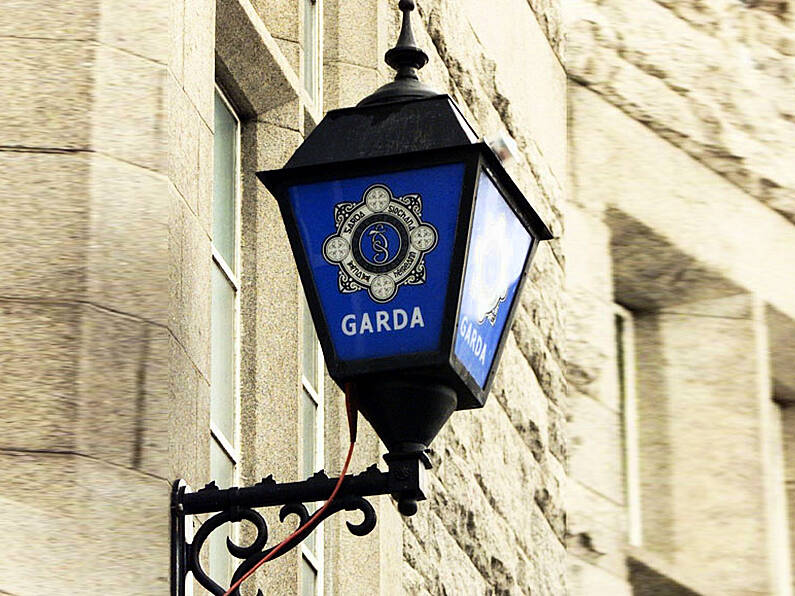There is "palpable anger and frustration" about ongoing pay discrepancies for teachers in Ireland.
That was the message to delegates at the annual congress of the Teachers Union of Ireland (TUI), with the matter set to dominate the union's Congress in Killarney over the next two days.
TUI General Secretary John MacGabhann hit out at the government's failure to adequately respond to the pay discrepancies in the sector, particularly for those hired after 2011. He said that poor pay is driving a retention and recruitment crisis in the sector and teachers continue to argue that colleagues hired after 2011 face financial losses over their careers in comparison to longer-serving colleagues.
This week, the INTO welcomed what it says is a commitment from Government to address the issue of pay inequality, specifically for teachers employed between 2011 and 2014.
However, the TUI has said that there are still a number of issues that need to be addressed, dismissing the reports as 'just words.'
Mr MacGabhann said, "We will believe numbers and maths. We will scrutinise that before we get too excited."
All three teaching unions balloted members late last year on government proposals for partial pay restoration for the 60,000 or so public sector workers recruited from 2011 onwards. TUI members voted to pass the motion by a small margin, though both INTO and ASTI members rejected it.
Mr MacGabhann said that the TUI was "instrumental in securing the progress" on pay issues that has been achieved to date.
"Of course, the measure does not secure pay equality and, needless to say, there is palpable anger and frustration that government still seems to harbour the ambition of avoiding the establishment of pay equality between new entrant teachers and those who entered the profession before 2011," he said.
Let government be advised - that ambition is futile and obsolete. The TUI will not tolerate pay inequality. We will secure pay equality. Our commitment to that end is unwavering. Our campaign continues.
The issue of staff shortages was also addressed. A TUI survey released earlier this week claimed that 94% of schools have experienced teacher recruitment difficulties in the last six months. It said that almost half of schools have outstanding teaching vacancies and that more than two-thirds of schools have advertised roles in the last six months for which no candidates applied.
Mr MacGabhann said that "discriminatory pay rates and precarious, part-time employment" are driving the recruitment and retention crisis.
He criticised an "extravaganza of mini-measures" rolled out by the department to respond to the issue, accusing the department of "treating the symptoms rather than the disease", a strategy he described as "reckless stupidity."
Both issues are to be discussed further tomorrow, after which time, Education Minister Joe McHugh is to address the TUI congress.
Meanwhile, teacher unions have warned the government that any future discussions on pay must also include talks on pension improvements.
The three teachers' unions have called on the Department of Education and Skills to review the new pension scheme offered to teachers amid fears that it could leave some members out of pocket as they get older.
Attendees at the INTO Congress led the call for urgent changes to the pension entitlements and requirements of teachers, with members of the ASTI and the TUI backing the call for a sector-wide review.

Teachers were told that there has been a 'substantial deterioration' in pension benefits for teachers who entered service since January 2013 in the Republic and April 2015 in Northern Ireland.
The value of public service pensions has substantially reduced as a result of changes imposed in the last 15 years.
Teachers pay for their pensions through deferred income payments. However, they are now paying more than ever into pensions due to the permanent additional superannuation contribution which came in under the Public Service Stability Agreement (PSSA).
It means that teachers are now paying up to 17% of earnings towards their retirement. For some members, this is double what they had previously contributed.
However, members reported that the entitlements under the career average pension scheme have been diluted considerably, with new members not entitled to the same benefits as those who joined before 2011.
The career average scheme, introduced in 2013, eroded the value of teachers' pensions.
The 27-year salary scale in operation for teachers, which is the longest scale in the public service, means that relatively few years of a teacher's career are spent on the top point of the pay scale.
The fact teachers are contributing so highly to a pension scheme is a huge concern.
Speakers at the TUI Congress in Killarney warned that pay and pension must be linked in any talks, with some calling for a campaign to go beyond teaching unions and incorporate all public sector workers.






